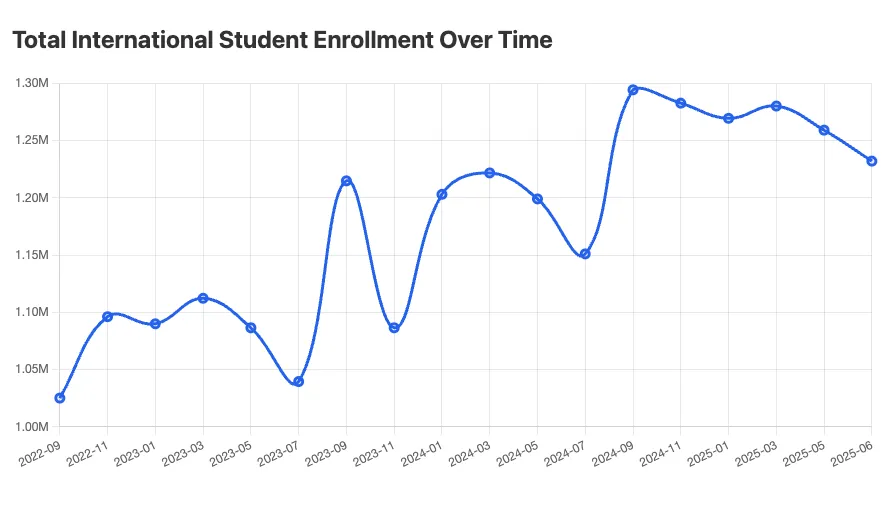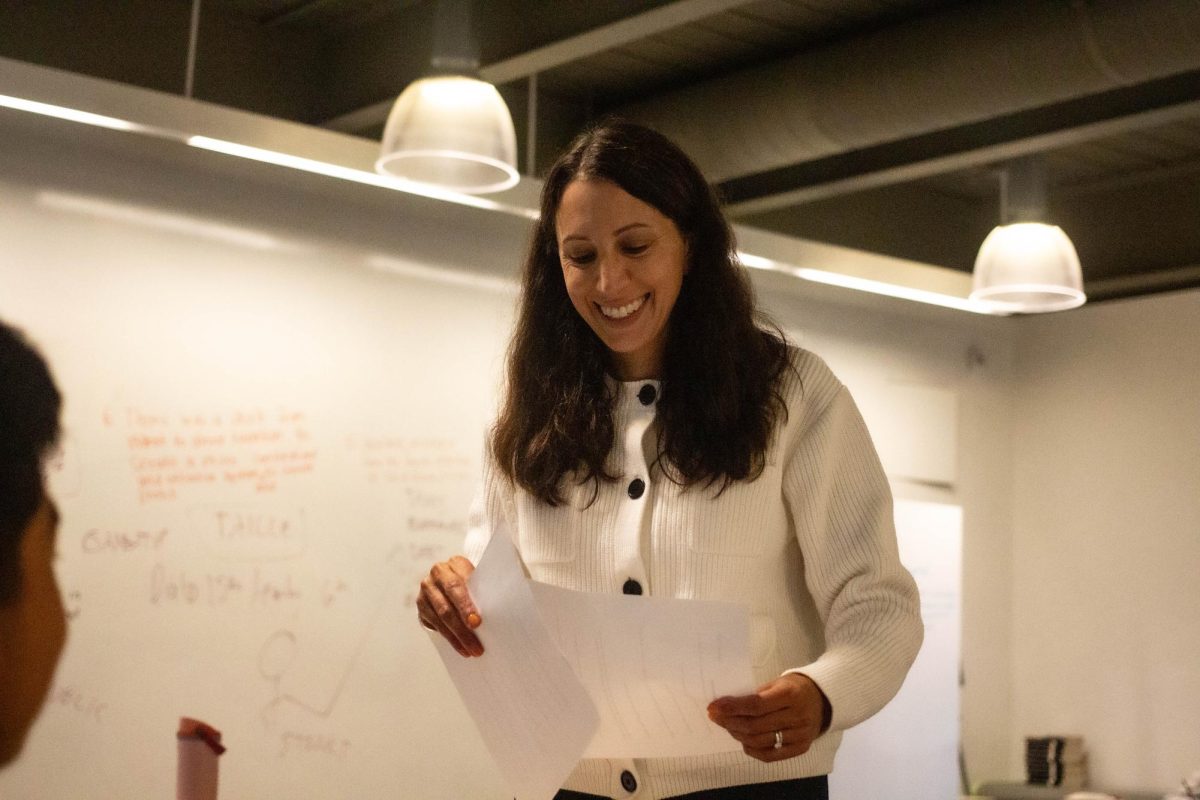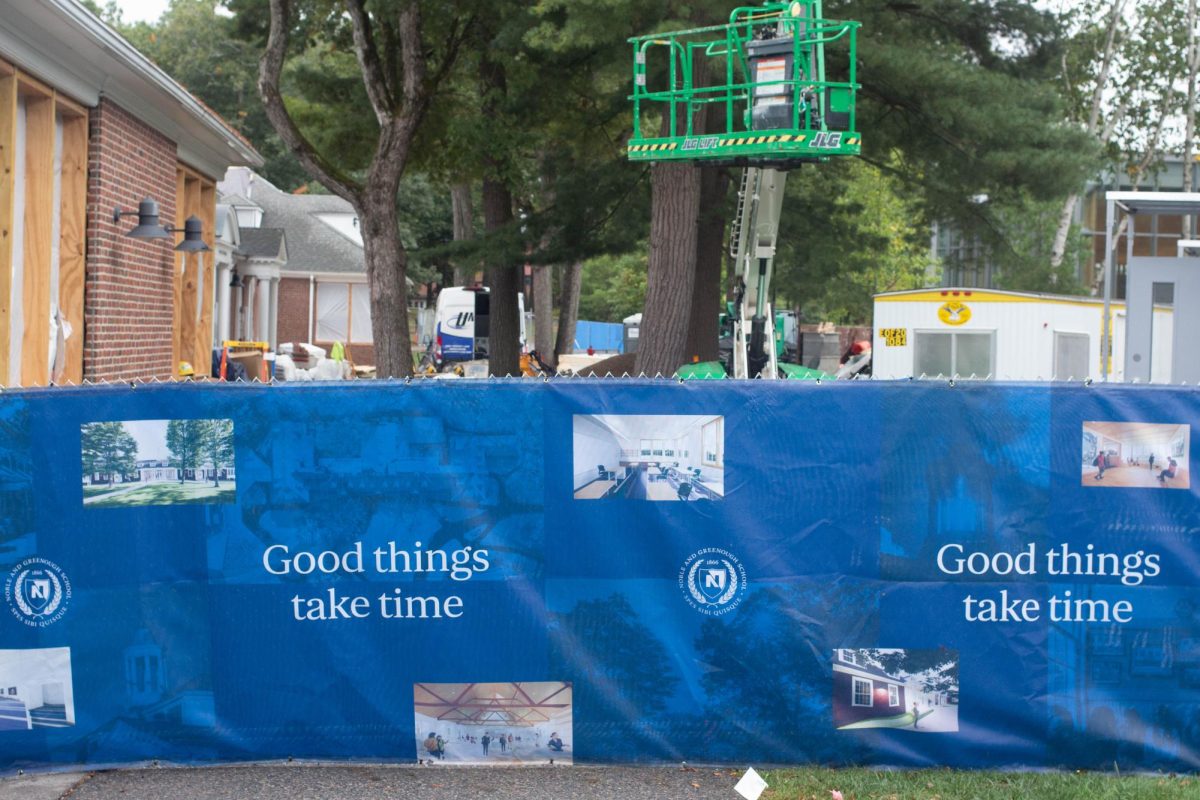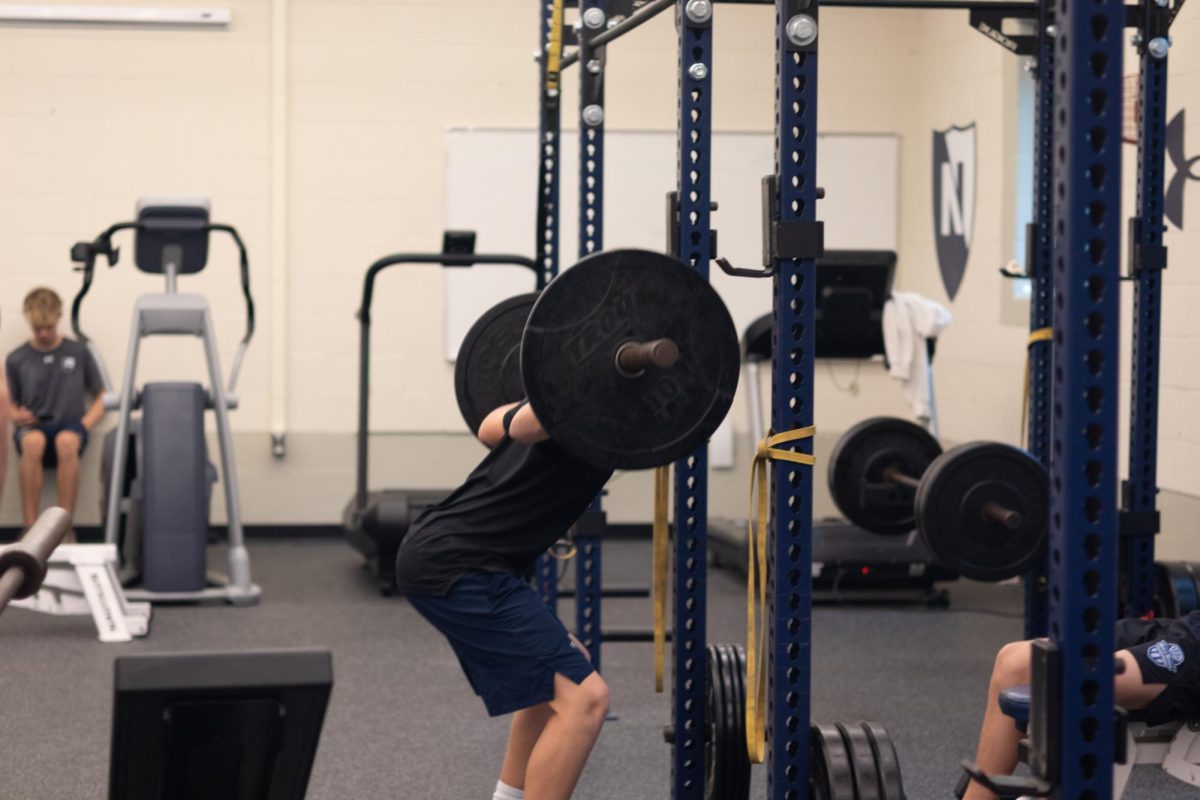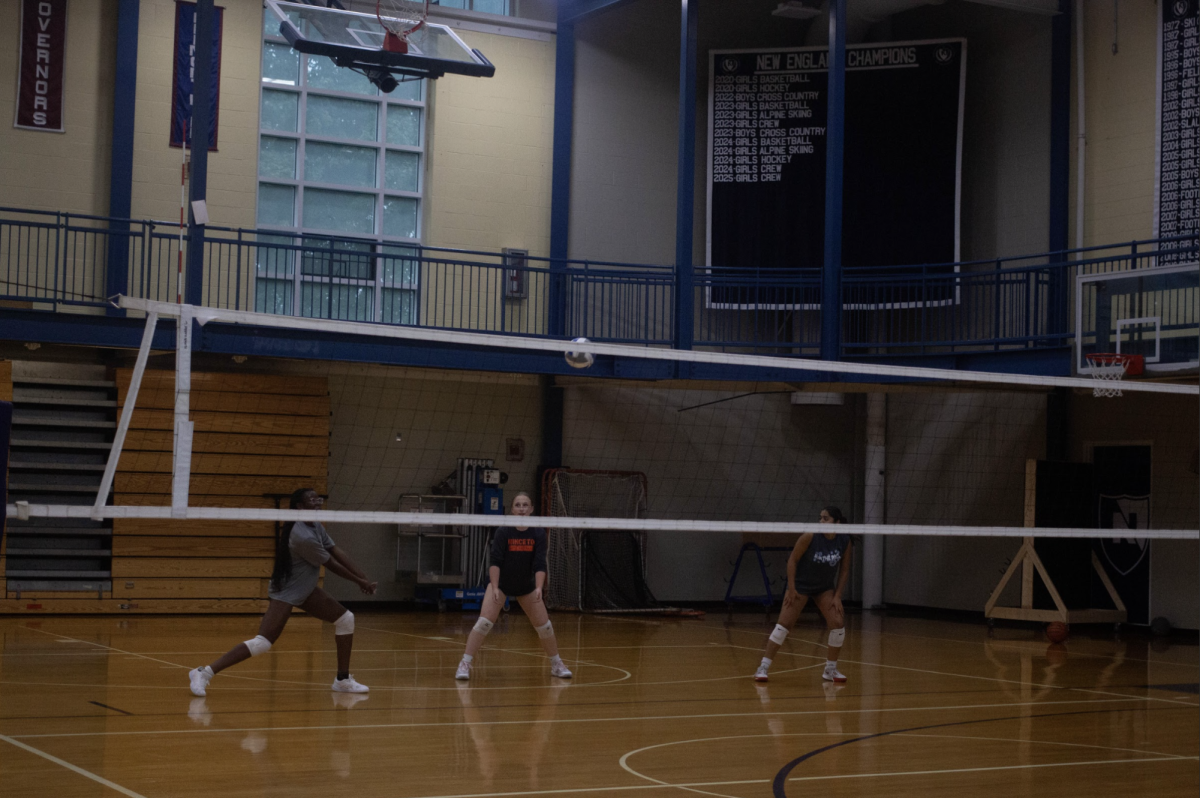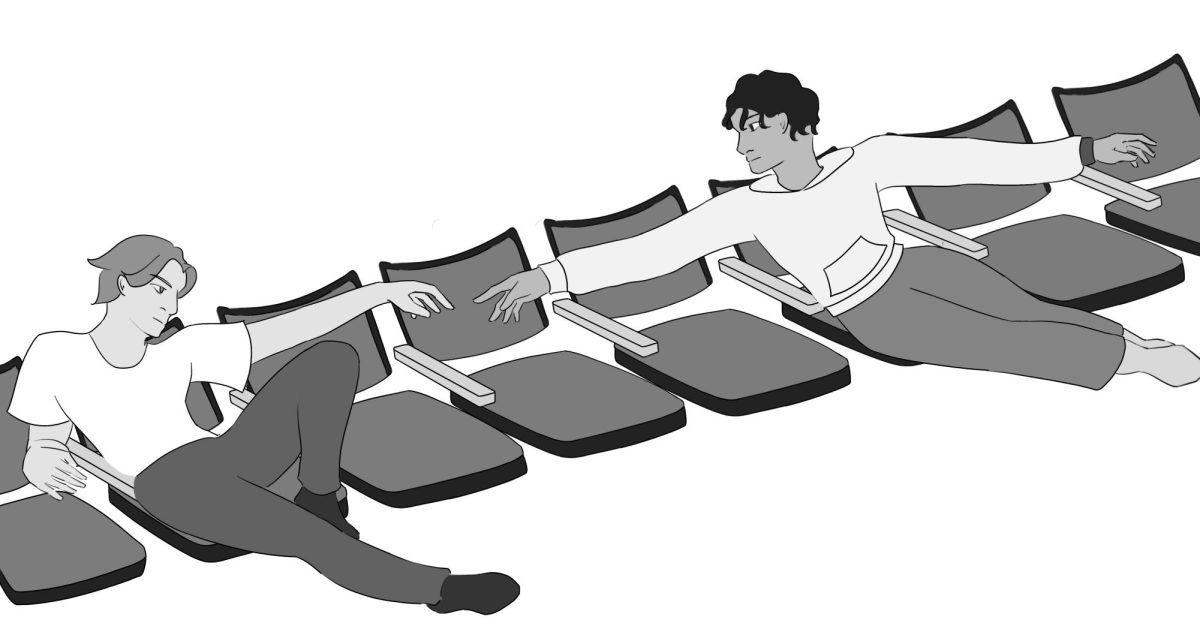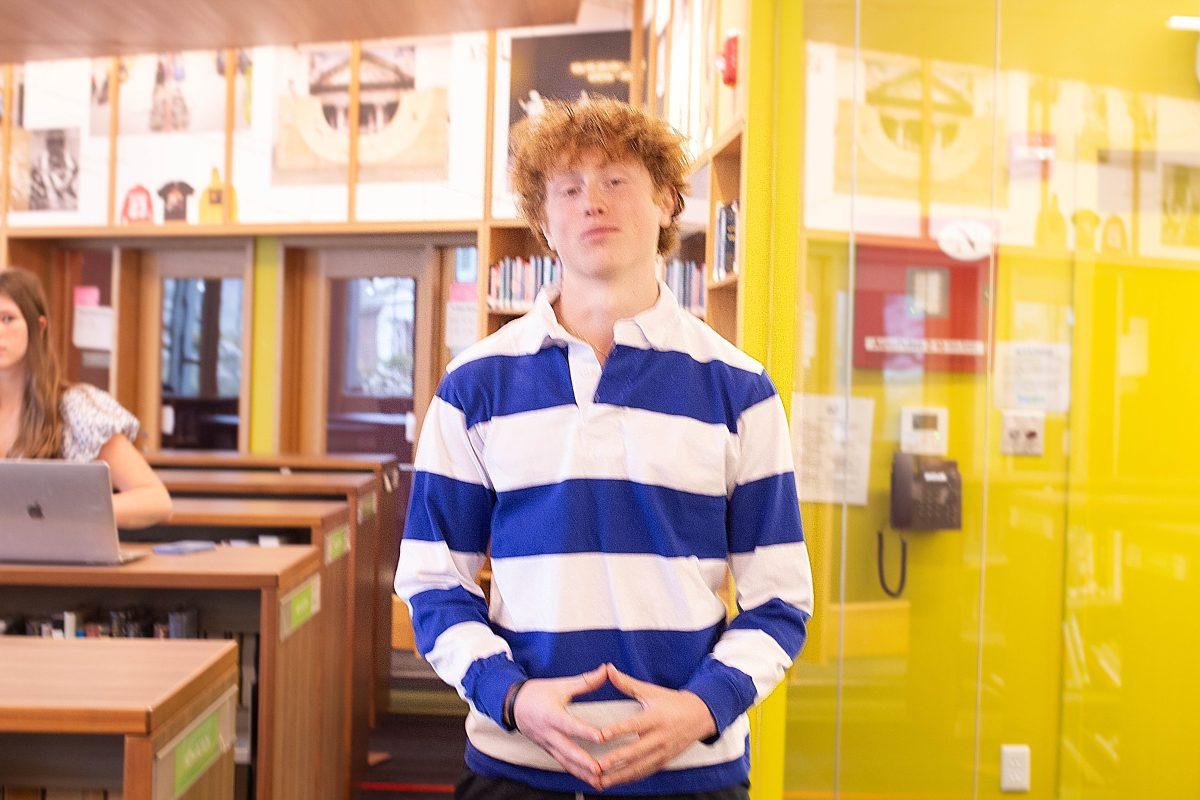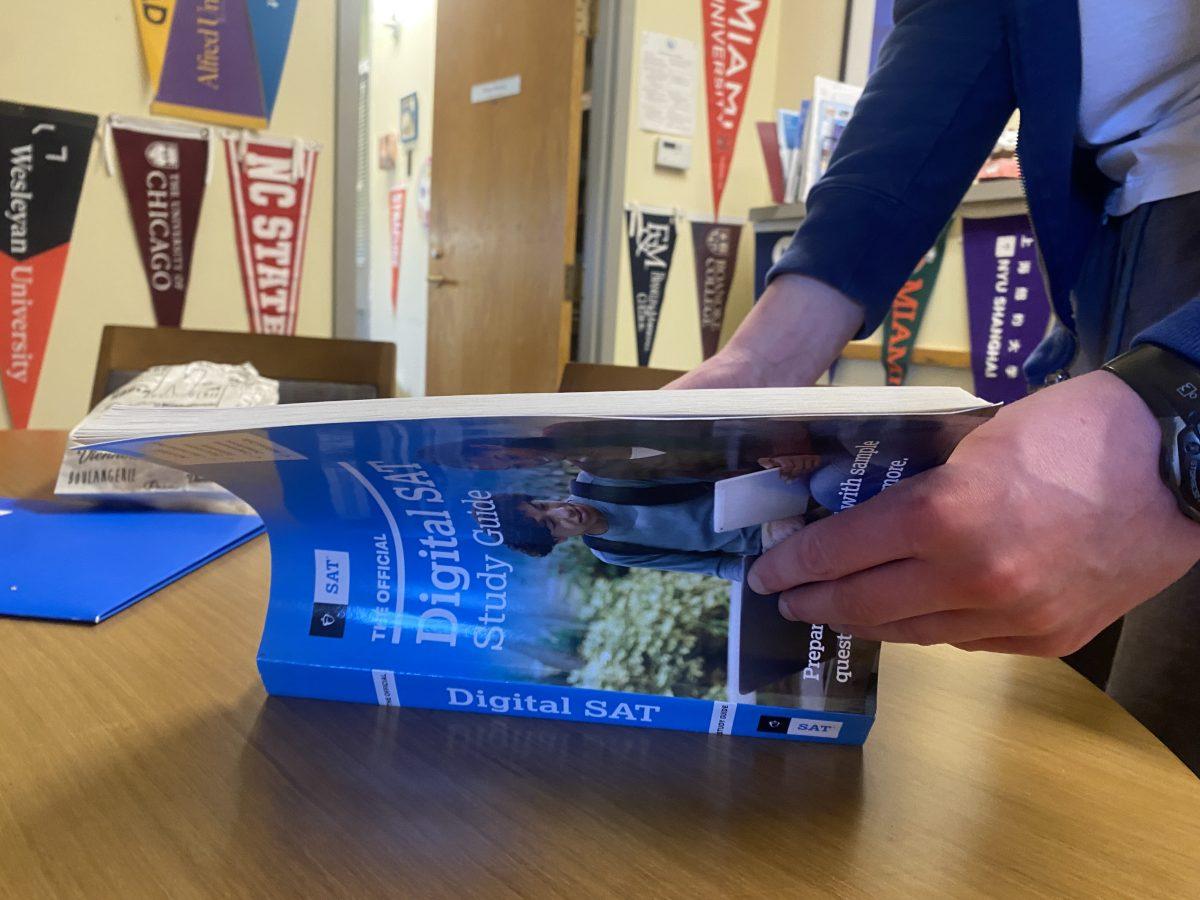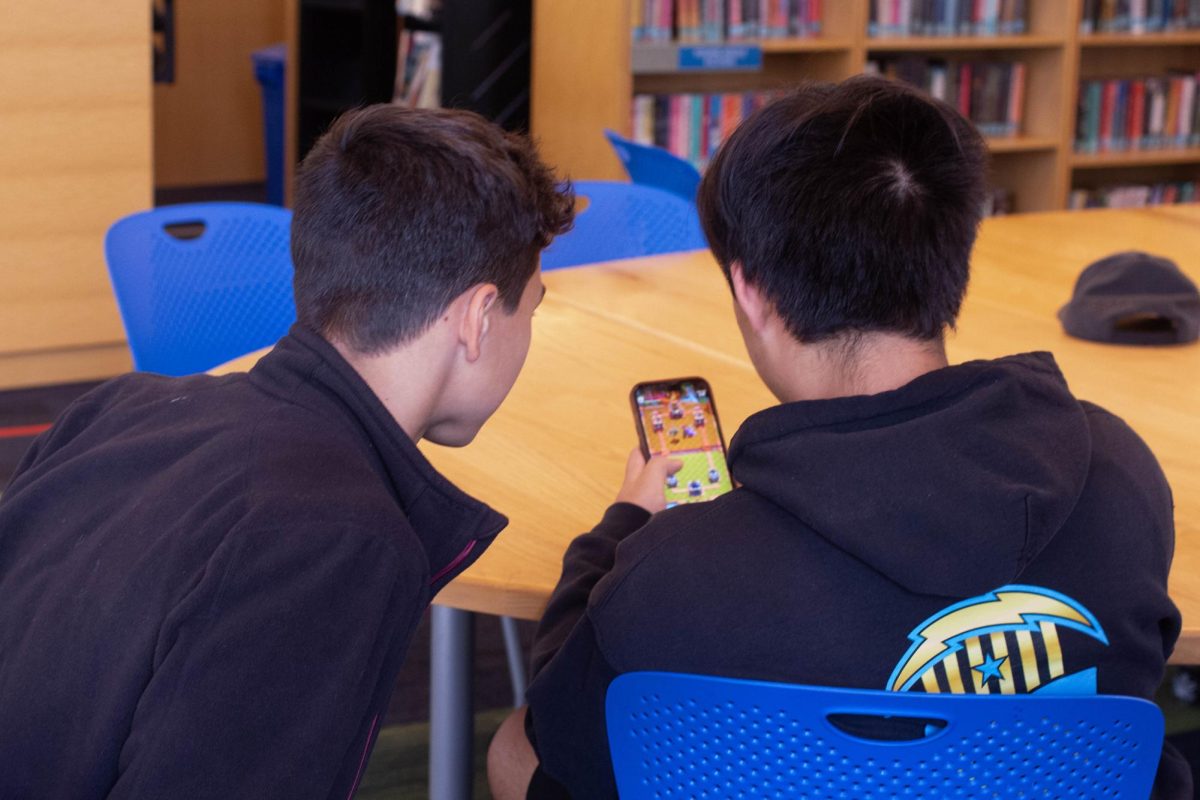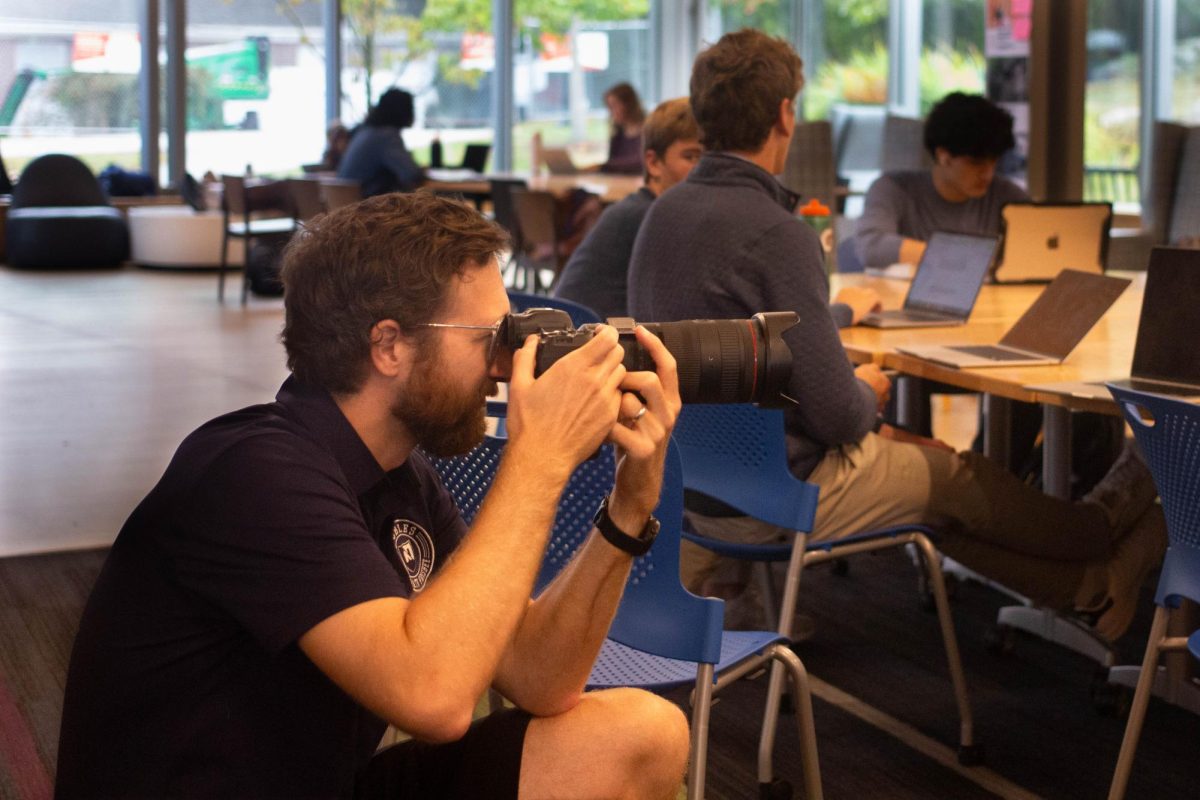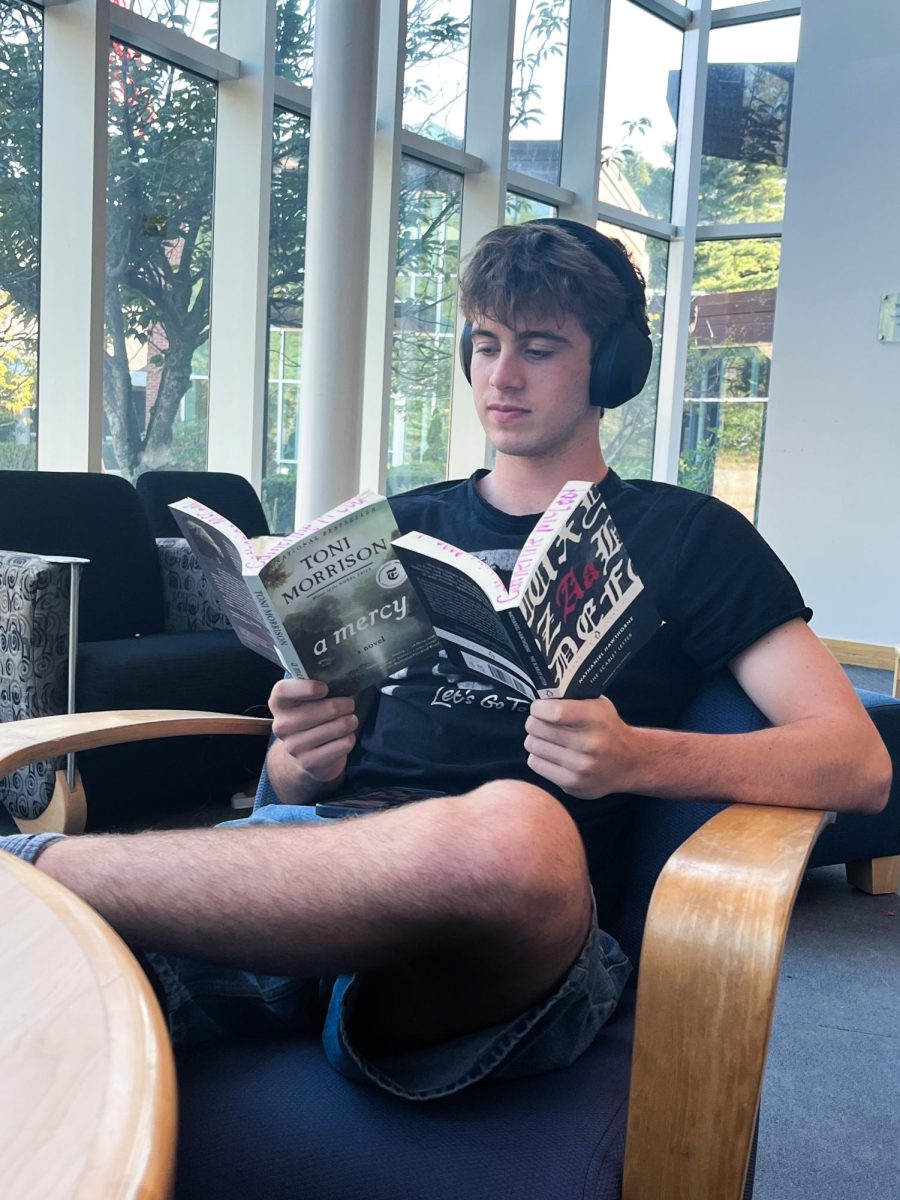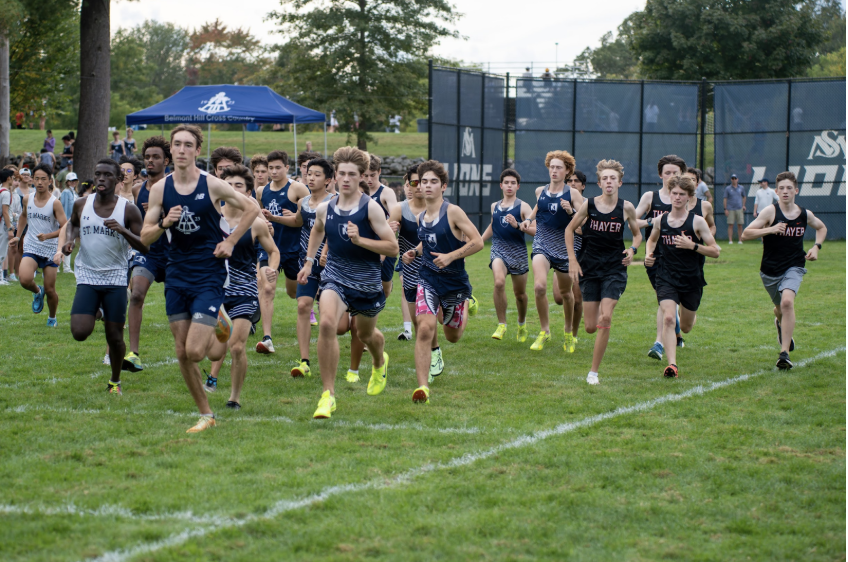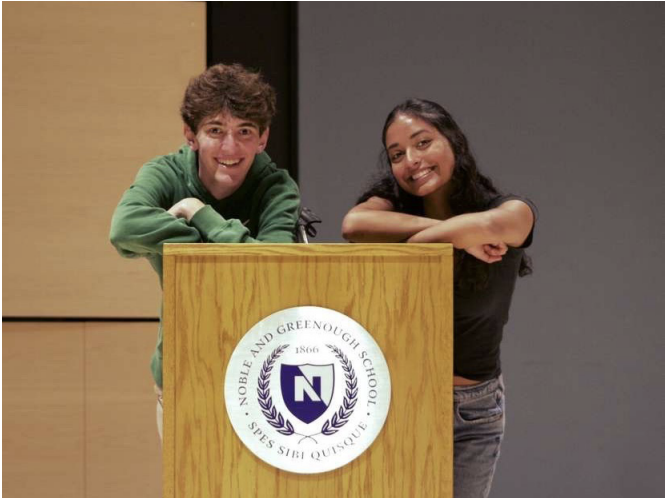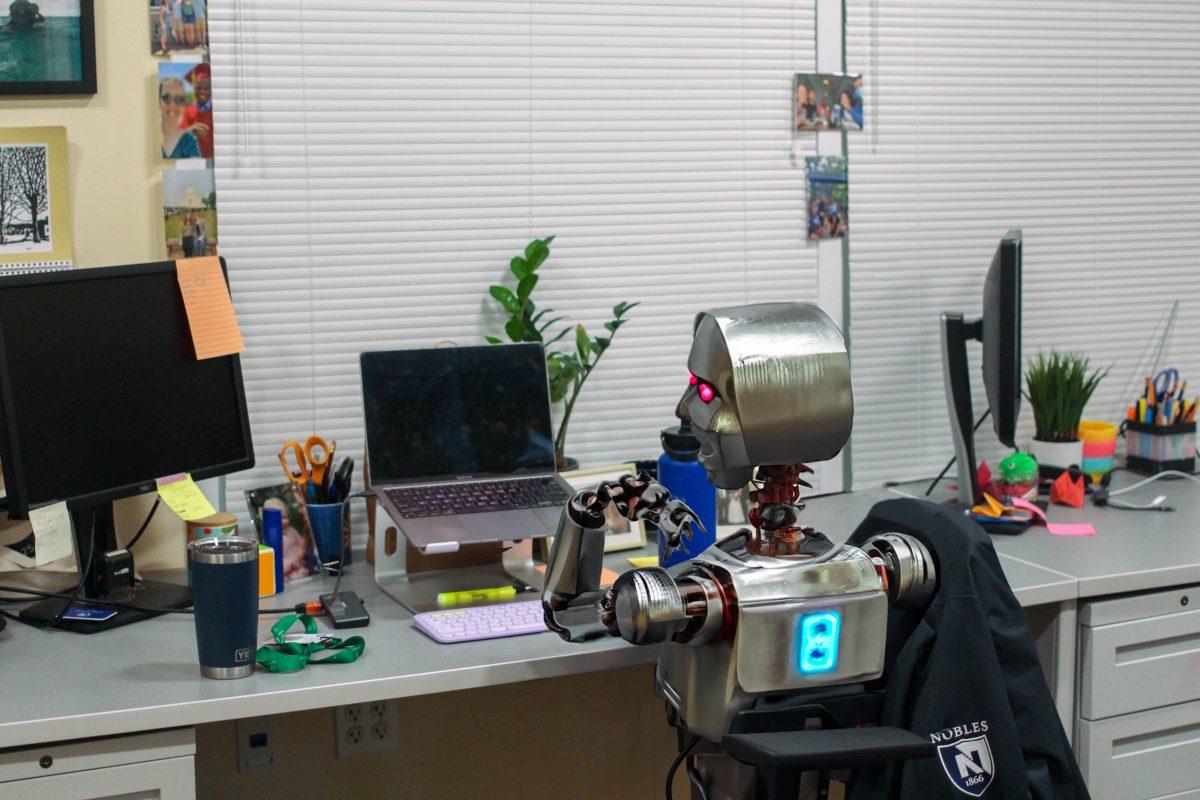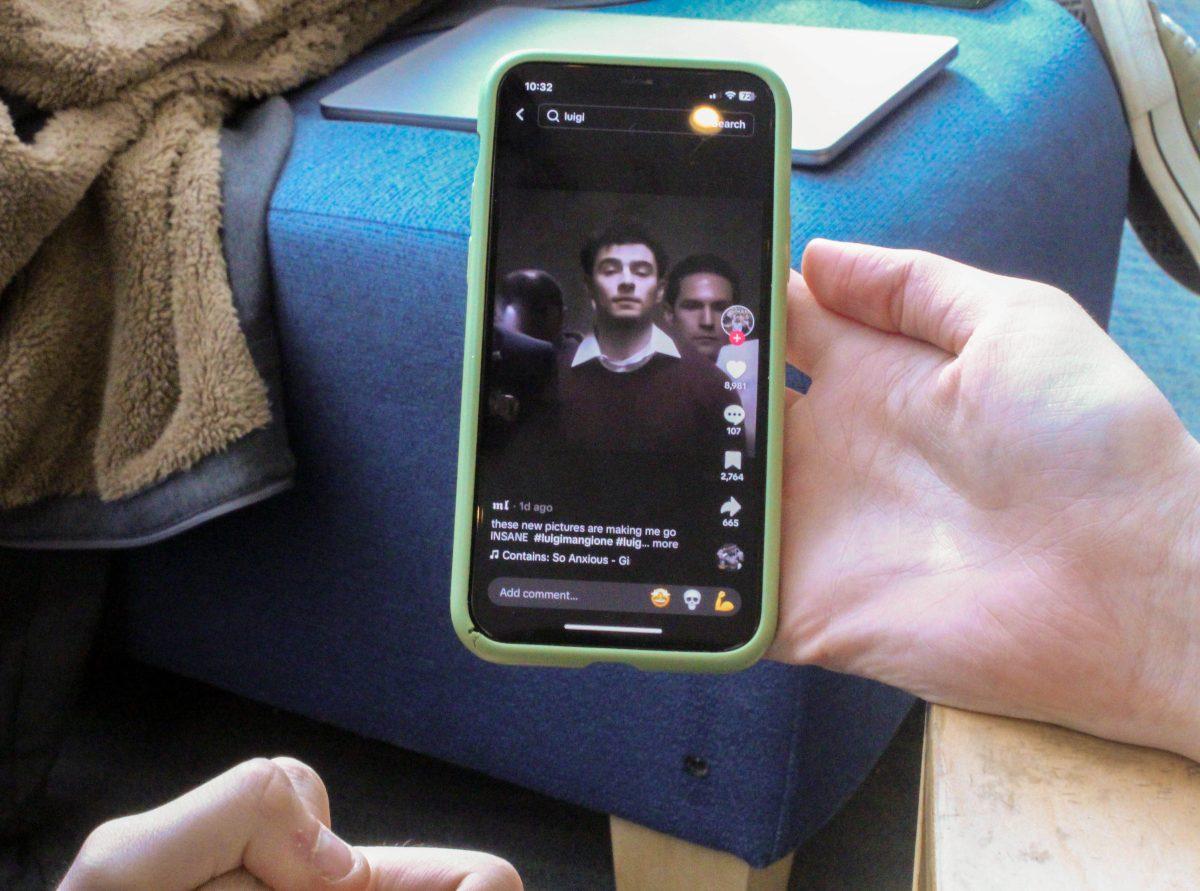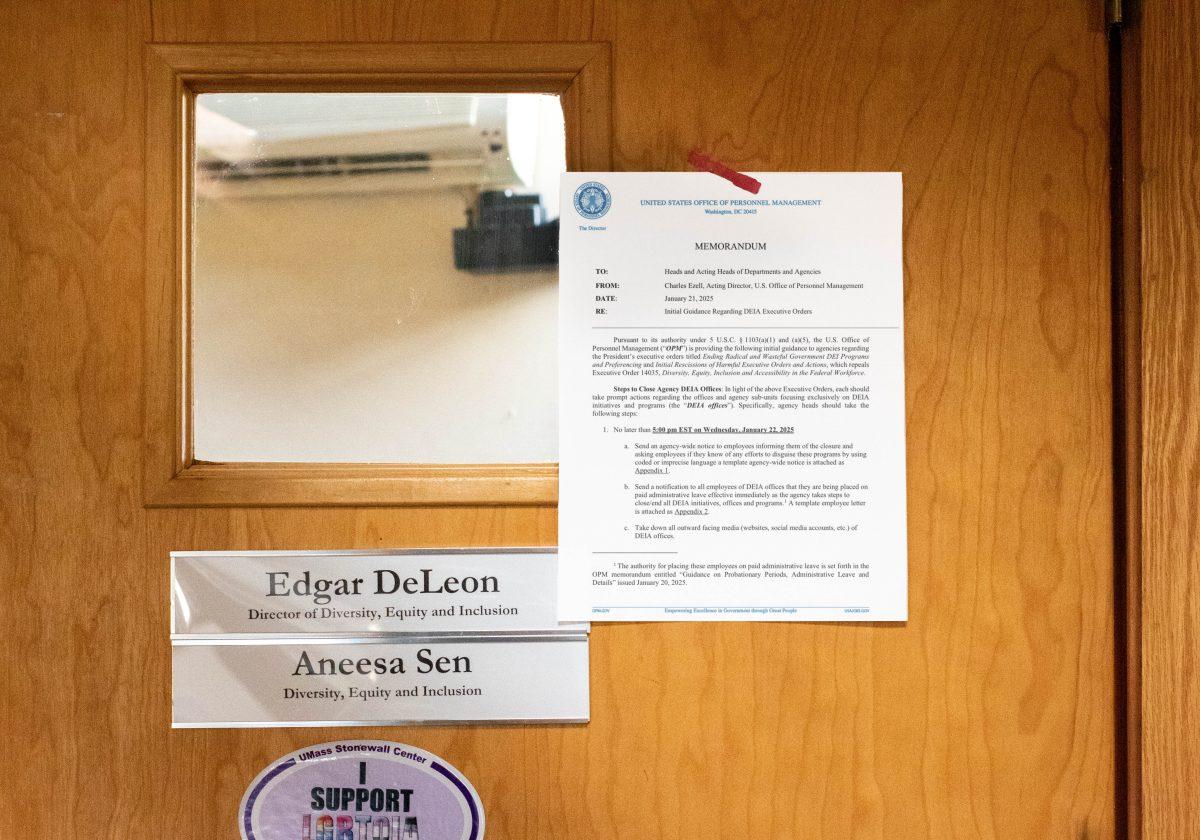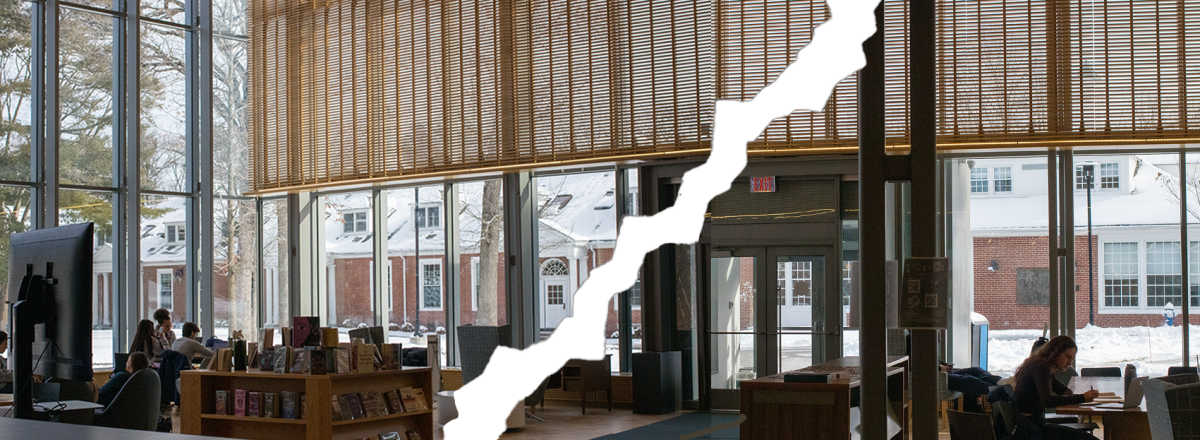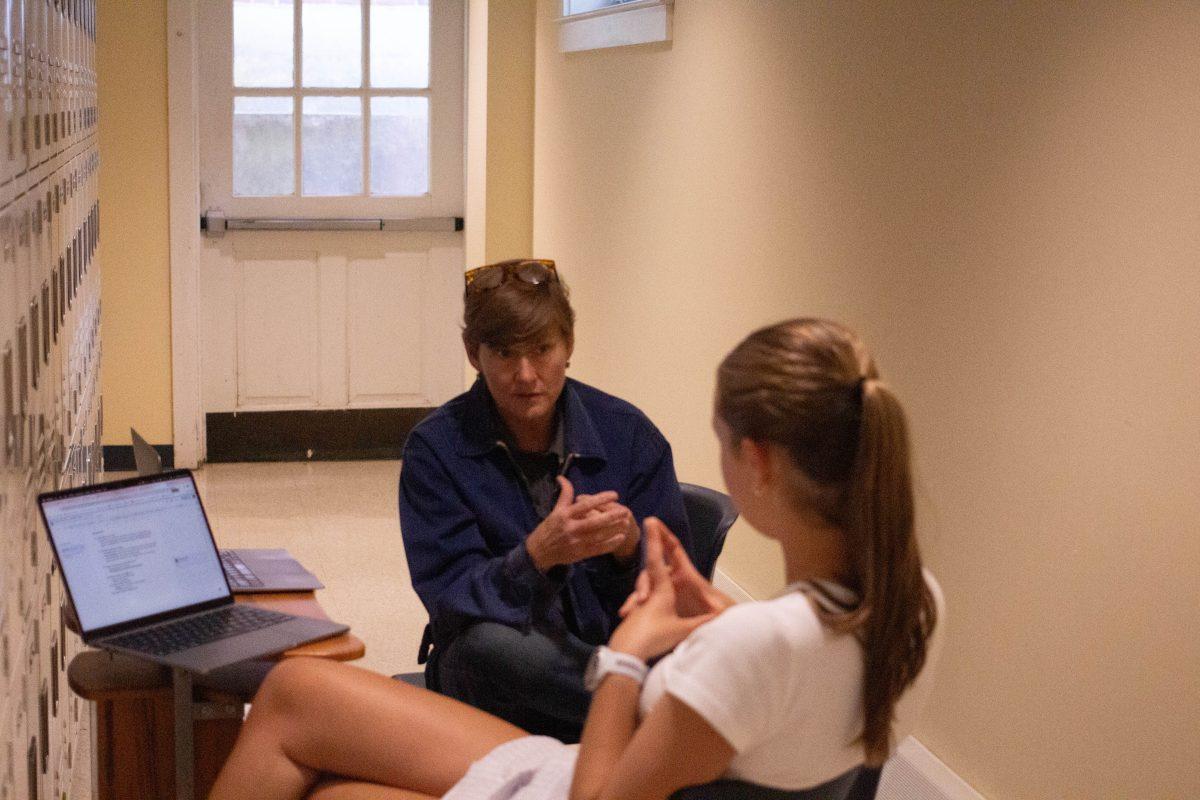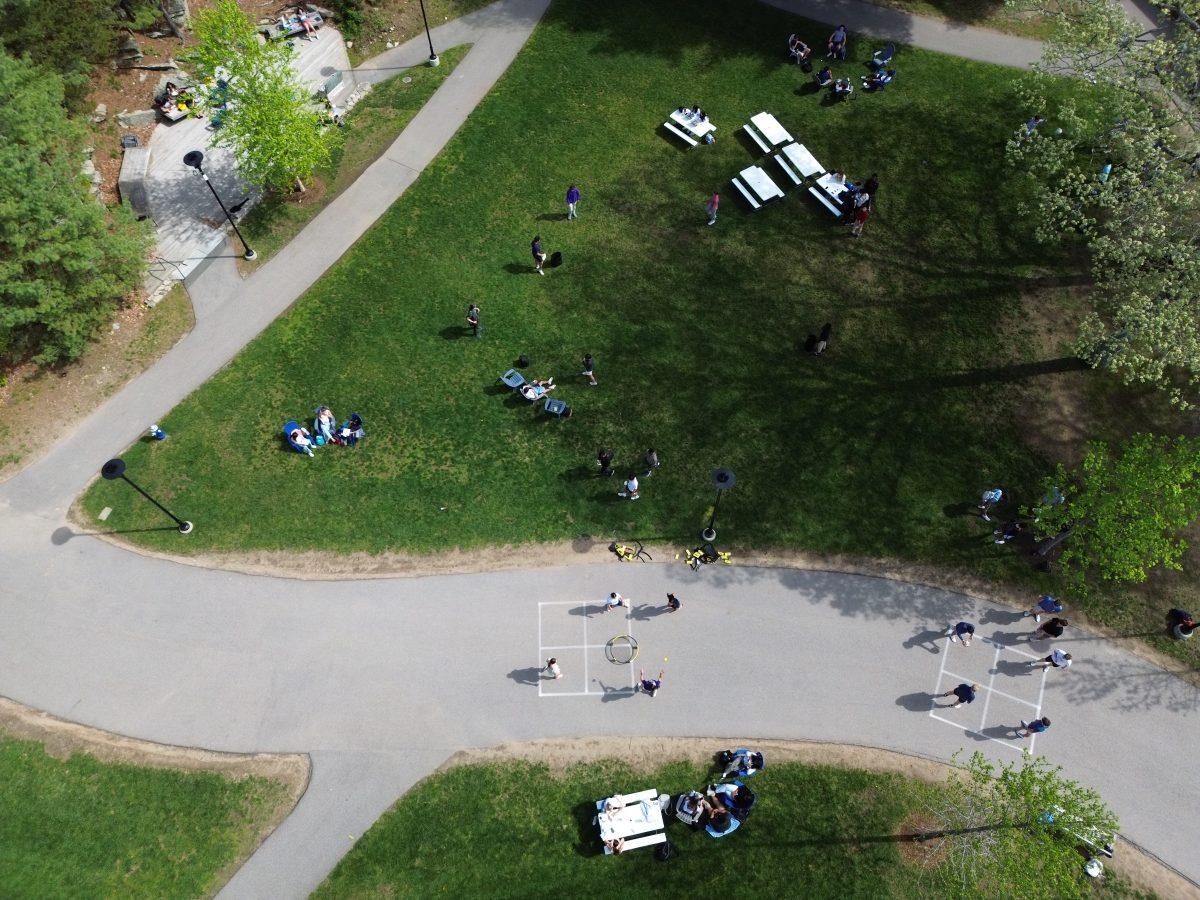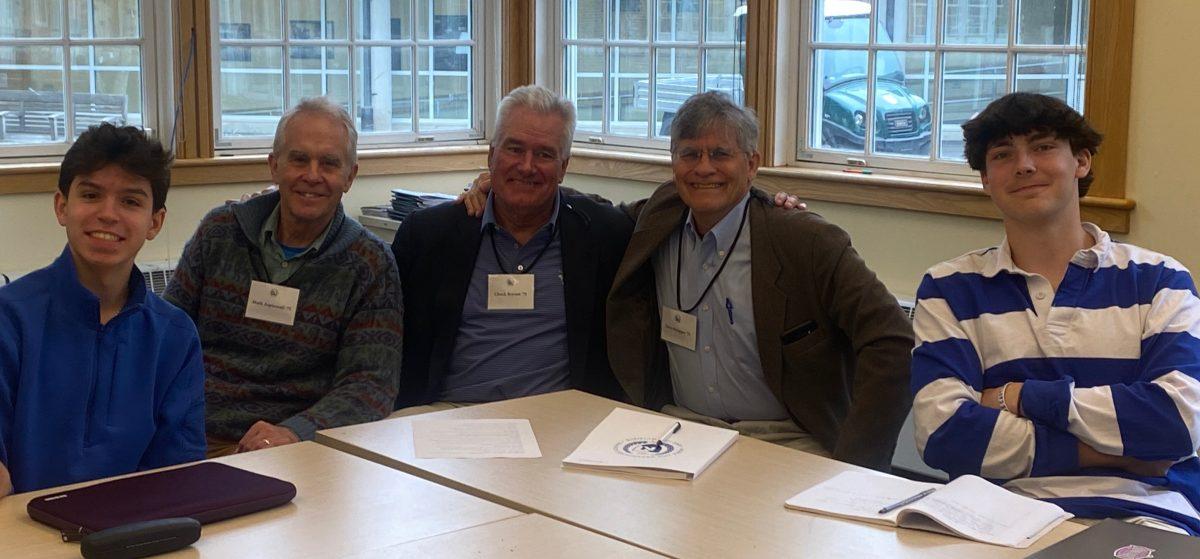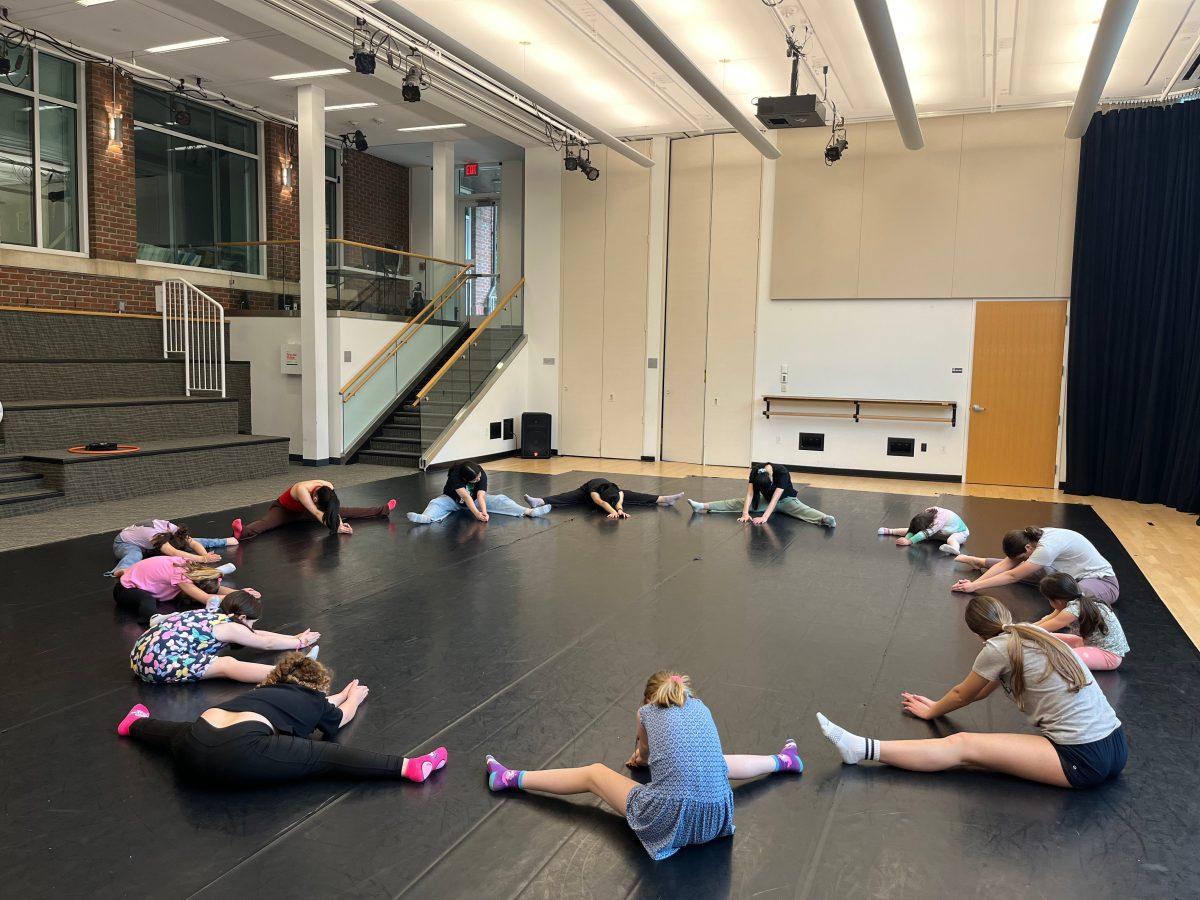“There’s always more to the story,” Director of Academic Support Heather O’Neill said when asked about the misconceptions surrounding testing accommodations and academic support at Nobles.
Like many progressive private institutions, over the past 25 years, Nobles’ awareness and understanding of learning differences and testing accommodations have grown immensely. The University of Pittsburgh found a staggering 250% increase in testing accommodations nationally since 2000. As students become more aware of neurodiversity, they are more likely to seek help for their own challenges. With this change has come a new culture of testing accommodations at Nobles. Many students consider accommodations a helpful resource, but others believe they are unfairly exploited as an academic advantage. The Nobleman wanted to investigate the way accommodations are administered and some of the most common assumptions about testing accommodations at Nobles.
Many students believe that anyone who wants to get tested will receive accommodations. However, there is actually an extensive process that goes into obtaining testing accommodations. Every student is different, and therefore, the process looks very different for each individual. Before the academic year begins, O’Neill reaches out to all incoming freshmen, making them aware of Nobles’ academic support systems. The Academic Support Office sends a message to incoming students that states: “Academic accommodations are intended to provide students with disabilities access to the curriculum and are provided to ensure that students are assessed in a way that does not compromise the validity of an assessment or provide an unfair advantage.” Many students will proceed to share their neuropsychological test evaluations from the past, and some students who do not already have testing will discuss how to obtain a diagnosis if that is something they think would be beneficial. While some students opt for private neuropsych testing, others can coordinate with the Academic Support Office to work on receiving financial aid for testing or finding accommodations outside of a direct neuropsych diagnosis.
“Academic accommodations are intended to provide students with disabilities access to the curriculum and are provided to ensure that students are assessed in a way that does not compromise the validity of an assessment or provide an unfair advantage.”
“I heard from my teachers that extra time could be something that I would benefit from. So I brought it up to my mom and my advisor, and from there, I started the process of getting tested,” Tess Moxley (Class II) said. Moxley also shared that she sat through hours of extensive neuropsychological testing, which was then sent to O’Neill in the Academic Support Office. “We always look for a diagnosis of some sort, a reason why a student needs accommodations[…]We are trying to balance a need versus a want,” O’Neill said.
Neuropsych tests are educational evaluations that asses students’ cognitive, executive functioning, and organizational skills. These tests help highlight the areas where students would most benefit from accommodations. “One of the recommendations was time and a half for me because there was a reading thing where, with regular time, I was in the 50 percentile, but then with, time and a half, I was in the 99 percentile,” Kavi Shankar (Class II) said.
Once a student is evaluated for cognitive disabilities, O’Neill works closely with students, teachers, and families to create the best “learning profile” for the student. These profiles include specific instructions for how the teacher should best support a student and any accommodations they require. A section of the “learning profile” consists of a personal statement from the student, a place where they can express their feelings about their accommodations. This section is constructive, as it teaches students to understand and articulate their needs. The Academic Support Office is very cognizant of preparing students with accommodations for college and beyond. “We have been working hard to increase student self-advocacy,” O’Neill said.
Although the Academic Support Office works very cooperatively to help kids get the testing they need, they are still stringent with giving students accommodations. “We can’t just give everybody extended time because then it doesn’t become an accommodation. Then, the kids that really need it aren’t getting that extension. Accommodations are designed to mitigate the impact of a student’s disability or specific needs without giving an unfair advantage,” O’Neill said.
“We can’t just give everybody extended time because then it doesn’t become an accommodation. Then, the kids that really need it aren’t getting that extension. Accommodations are designed to mitigate the
impact of a student’s disability or specific needs
without giving an unfair advantage.”
However, some students still take advantage of the optimistic Academic Support Office. “There are definitely ways to answer questions in certain ways to respond to questions or give specific answers to make them think you need extra time,” Shankar said.
Another common misconception is that students sometimes use their extra time to avoid working as hard as other students. “I think the key distinction with accommodations is, ‘are your accommodations allowing you to ease up and do less or actually be able to demonstrate your strengths?’[…]I think it’s very hard to tell when someone is being disingenuous about that stuff,” Shankar said.
“I think the key distinction with accommodations is, ‘are your accommodations allowing you to ease up
and do less or actually be able to
demonstrate your strengths?”
When students are dishonest about their accommodations, it takes away resources and respect from those who need the extra support. Shankar recalled one instance where a student left a challenging chemistry test and said, “I have extra time. It’s so clutch because it’s so easy to get.”
Another common misconception is that academic dishonesty stems from accommodations given at a later period or date. However, teachers and students work closely to coordinate a plan that will best preserve the security of assessments. “We do our best if it’s going to be a full period test to try and coordinate with students and have them come before the class starts, or be able to continue working after the class ends, for it to be in the contiguous block,” Mathematics Faculty Aaron Duphily said. Moreover, if a student must take an extra time assessment during a later period, there is an honor system in place. “Ultimately, to most students, accommodations are something that’s beneficial, and it’s a privilege, and you don’t want to lose those privileges,” Moxley said.
“Ultimately, to most students, accommodations are something that’s beneficial, and it’s a privilege, and you don’t want to lose those privileges.”
Although assumptions often stem from reality, the stereotypes of exploited accommodations are a misrepresentation of the general population. Most students who receive accommodations are individuals who have been struggling with learning differences in a world that better supports neurotypical individuals. Oftentimes, these students have been struggling alone for years, so in most cases, academic accommodations are much-needed and should be treated as such.

